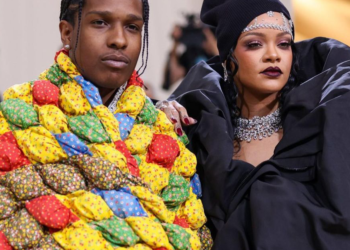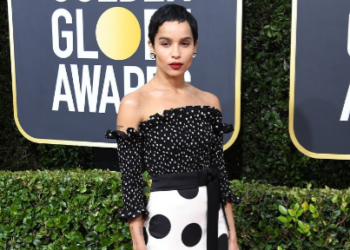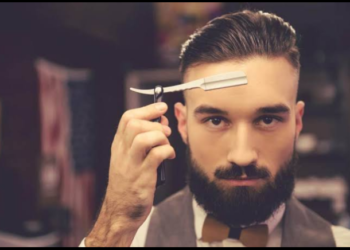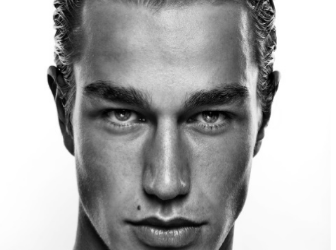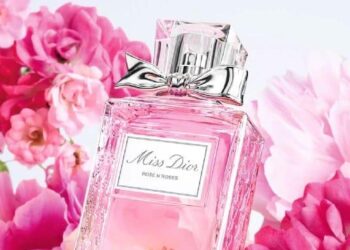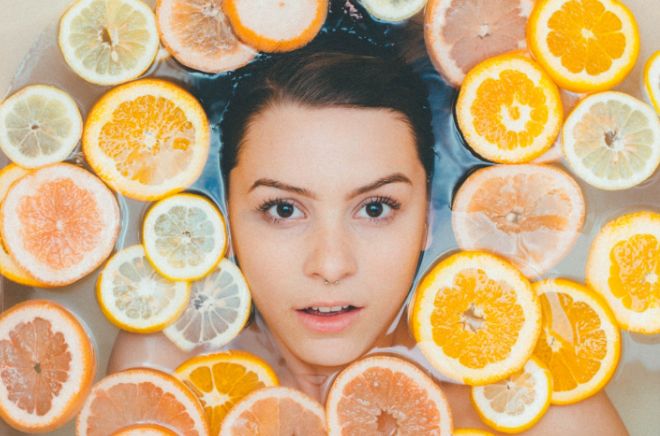
Going green in everything we engage in, has become a global culture. And now more than ever people are encouraged to be sustainability-conscious – to be proactive in saving the planet
We celebrate, praise, and recommend earth-friendly beauty products we once condemned for not being posh and ineffective. Eco-enthusiasts swear on the superior potency of superfood ingredients for our skin, hair, and make-up. The chemicals which cause the skin to dry and lose its glow are fewer in plant-based cosmetics. The beauty industry is witnessing big brands and indie skincare formulators churn out new cosmetics made from plants.
But how green are the beauty products you swear by? Green lifestyle advocates care about how sustainable the practices in the extraction of ingredients that are contained in plant-based cosmetics from cultivation to harvesting are. Some brands go with one label, others a combination of classes. In the skincare aisle, there are products claiming to be natural or organic on one shelf beside products labeled organic and natural on the next rack. You have to understand what you are putting on your body if it is eco-friendly as it says. An ingredient like palm oil is a rich source of vitamins and minerals, but the cultivation of palm trees is at the expense of the natural rain forests. Numerous species of plants and animals are affected by the consumption of palm tree derivatives.
Green enthusiasts avoid products made in the lab. They believe ingredients are stripped off of their natural properties. But synthetic can be a blessing to the earth and its dwellers. A few years ago, aquatic wildlife was being destroyed when whales were killed in huge numbers for their cosmetic value. The mammals were only spared when scientists were able to substitute plant-derived synthetic alternatives which have the same features on the body as the whale by-product ambergris.
According to Nuciferabody, the green beauty market which is growing at an astronomical rate is currently predicted to grow well over $48 billion by the year 2025. This has attracted people to cash in on the growing demand. Green skincare consumers must also be be wary of the beauty black market. The cosmetics industry is hard to regulate.
This has resulted in brands greenwashing their processes. Be careful not to fall victim; they can cost you your health, you finances and they hurt the planet. Read the product packaging to know what you’d apply to your skin. Ingredients are usually listed based on the percentage composition from the highest to the lowest. So your best bet is to use a product where synthetic additives are listed at the bottom, if any.
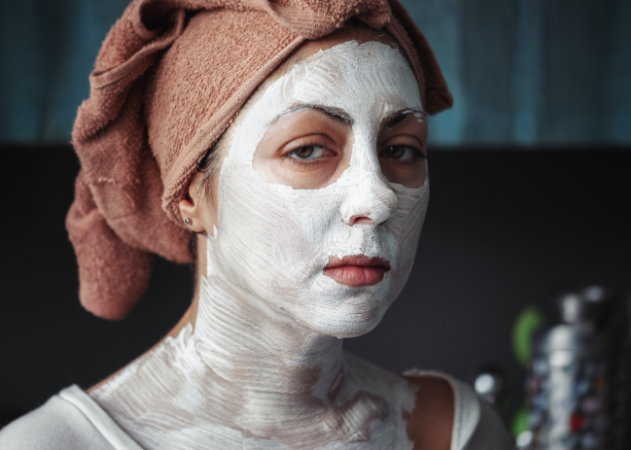
Not all cosmetics claiming to be natural are natural. Since no global agency regulates the use of “natural” in the personal care industry, you have to decide what natural means to you. To me, natural means – as produced by mother earth. So my natural body products would have ingredients derived from minerals, plants and animal by-products. Know that the scientific names of some natural ingredients sound synthetic. Citric acid is from oranges and lemon, and sea salt is sodium chloride. Benzyl alcohol is a natural preservative derived from plants. When in doubt use a botanical body care range suitable for your skin type.
Organic skin care products have stricter standards than the natural range. In the US, the National Science Foundation International and the Quality Assurance International formulated a specific standard exclusively for organic personal care products. Ingredients in an organic beauty range must not be genetically modified. They are free from pesticides, herbicides, chemical fertilizers, antibiotics and sulphates/parabens. Only cosmetics with ingredients not less than 70% organic are certified by NSF International.
Products display the Leaping Bunny logo only when they’re certified cruelty-free. Consumers are assured no new animal testing was used in sourcing for ingredients, formulation or finished products. People for the Ethical Treatment of Animals (PETA) works with brands that pledge to remain cruelty-free through its Global Beauty Without Bunnies programme. However, cruelty-free labels in China do not carry Leaping Bunny or PETA logo because beauty products undergo animal testing. Green lifestyle enthusiasts trust independent third-party seals of approval and logos when it comes to finding authentic cruelty-free goods.
Personal care range that is plant-based combines blends of botanical ingredients. The products may be a mix of natural, synthetic, non-synthetic or organic ingredients. Plant-based products are made entirely from herbs, flowers, seeds, nuts, bark, stems, grains, vegetables and fruits.
Beauty products made without animal products or by-products can be labelled vegan. However, this type of skincare range may not be eco-friendly. Though animals are not harmed during production, the products could be filled with synthetic additives. Vegan brands do not contain traditional ingredients like honey, beeswax and keratin and several others, and are considered to be highly ethical.
Vegan personal care products can be plant-based but not organic. They can be natural and not synthetic-free. Natural is not always vegan. Natural and plant-based body care range may not always be suitable for everyone. This article reveals cases of phototoxicity (sunburns) can result from the application of Citrus essential oils. So it is best to apply any citrus essential oil at night but if you must go out, follow up the application with an SPF cream.
There are several cosmetics companies in the market with different aims. Infections like headaches, eye damage, hormonal imbalance and premature ageing have been traced to years of application of synthetic cosmetics. The goal of sustainable beauty brands is to use renewable raw materials while keeping toxins away from the body. Studies say sustainable beauty products do what the promise unlike synthetic skincare items. Green cosmetics are beneficial because the body knows how to process them and the earth’s resources don’t get depleted. The industry provides an income not just as a side hustle but mainstay of several people globally.


